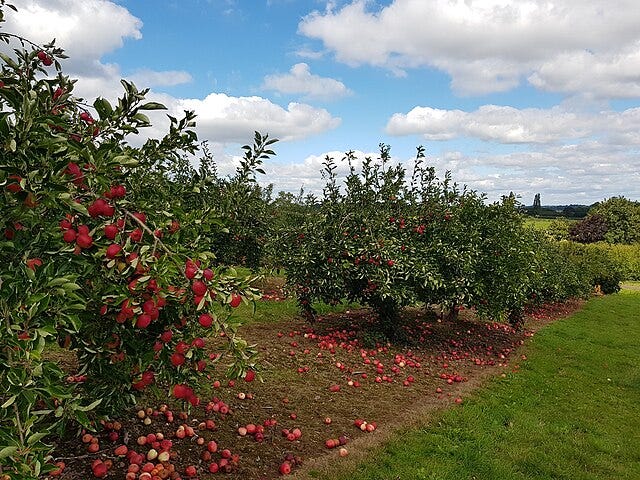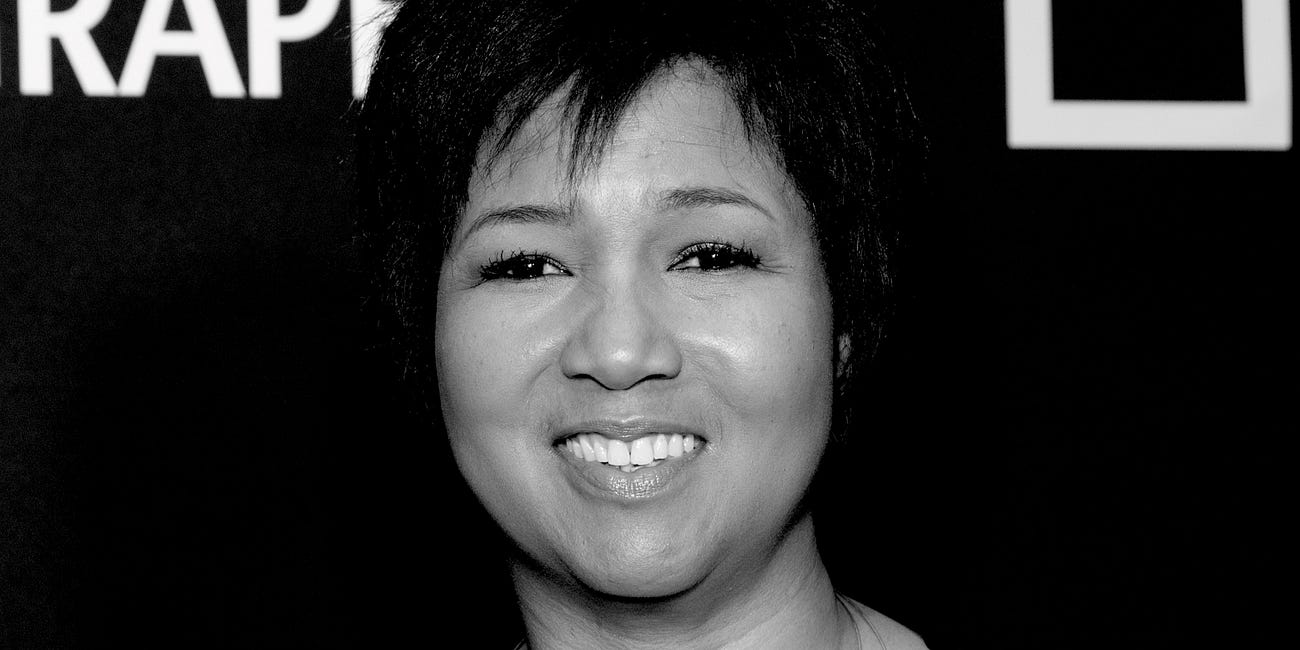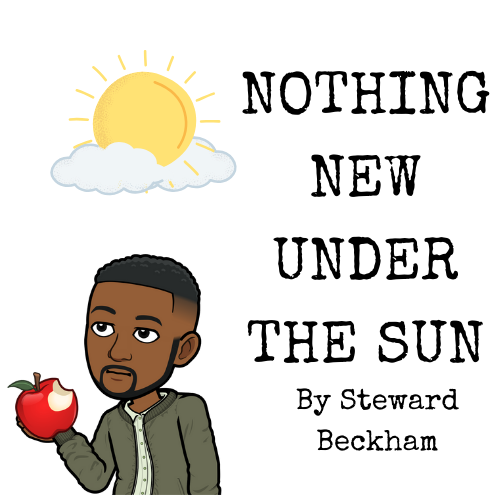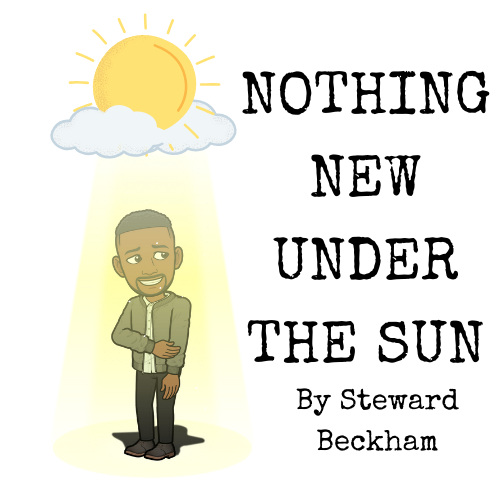
"Never be limited by other people’s limited imaginations." — Mae Jemison
Mae Jemison didn’t let limited imaginations stop her from breaking barriers. You can read about her more in one of my previous post:
Engineer, Doctor, Astronaut
(Articles and links work better if viewed through the web browser. Just click the article title in your email.)
Disclaimer: These Monday posts won’t always be political or civic ideas. But being Black History Month, it is vital to engage with the story of us.
Jonathan V. Last writes a newsletter called The Triad.
It’s excellent, and you should subscribe.
One of his recent pieces was about failures in imagination. He discusses how the commentariat has failed to articulate the stakes of this moment:
“If I had told you on November 1, 2020, that:
Donald Trump would lose the election
Attempt a violent coup
Hundreds of people would be convicted of committing violence on his behalf
The Supreme Court would invent a writ of criminal immunity to indemnify this coup attempt
Trump would win a second term in 2024 with even fuller backing from the Republican party
He’d make a weekend Fox News anchor secretary of defense and America’s most prominent anti-vaccine advocate secretary of HHS
He’d free every single insurrectionist from his coup attempt
And he’d pull security protection from two of his former advisors in such a manner as to practically invite the Iranian government to assassinate them
You wouldn’t have believed any of that. And yet, here we are.
We are one week into Trump’s term and our imaginations have already failed us. Which means that there may be things today that we say can’t possibly happen. But six months from now they might well be reality.
Start getting your head around this truth now. It’s going to get worse.”
Last is talking about the inability to comprehend just how far things can go. But failures of imagination don’t happen in a vacuum—they serve a purpose. And when a political movement is built on supremacy and extralegal power, those failures become essential to maintaining the illusion of normalcy.
I agree with this and want to unpack why that failure occurs from the perspective of an African American millennial witnessing the unraveling of the Civil Rights era. When a political movement is based on a deep-seated sense of identitarian supremacy and a subconscious (or conscious for some) recognition of how power dynamics favor an identity, then it is easier to see why that energy moves in a post-policy, extraconstitutional manner.
Political storytellers and commentators often insist that race, gender, religion, and sex are only marginal aspects of electoral outcomes. Beyond being historically inaccurate, this belief raises an even bigger question: What happens to one’s worldview if that assumption is false?
For some reason, I keep thinking about apples...
Imagine an orchard where red apples have always been dominant. Generations ago, green apple orchards were burned down by red apples, leaving green apples impoverished, displaced, miseducated, and with fewer role models or social trust. Analysts insist that red apple dominance is just one factor among many, rather than a defining structure of the orchard itself. They point to polling averages showing a slight uptick—perhaps a 2 to 14% swing—of green apple supporters flirting with voting for a red apple using overtly supremacist rhetoric. Instead of viewing this shift as evidence of deeper power structures at work—disillusionment, historical erasure, and media illiteracy within the marginalized apple community—it is instead framed as a sign that accusations of red apple racism are overstated or outdated. The statistical shift is used to dilute the conversation on systemic issues rather than interrogate how such conditions persist and shape voter behavior.
But suppose we acknowledge that green apple voter suppression, coded language from red apple leaders, and ingrained anxieties toward green apples don’t just influence the orchard’s democracy but shape its outcomes fundamentally. In that case, the way apples discuss elections has to change. That’s a hard pill to swallow for those who want to believe in a hyper-rational orchard where apples vote purely on policy, free from historical and social forces.
It’s even more challenging for those whose livelihoods depend on treating the orchard as an exceptionally fair place—where the struggles of green apples are a relic of the past, not a defining feature of the present.
This is why apple commentators rely on euphemisms. Rhetoric that targets green apples isn’t called supremacist; it’s said to “play to cultural anxieties.” Green apple voter suppression isn’t recognized as an effort to rig the orchard’s democracy; it’s framed as a “controversial law.” Language becomes a coping mechanism—one that lets pundits avoid the implications of what they already know to be true.
Sometimes, limited imaginations aren’t just an oversight. They’re a necessity—seeing the orchard’s entire history would demand a reckoning that the apple commentariat refuses to undergo (and, in many cases, cannot afford to).







